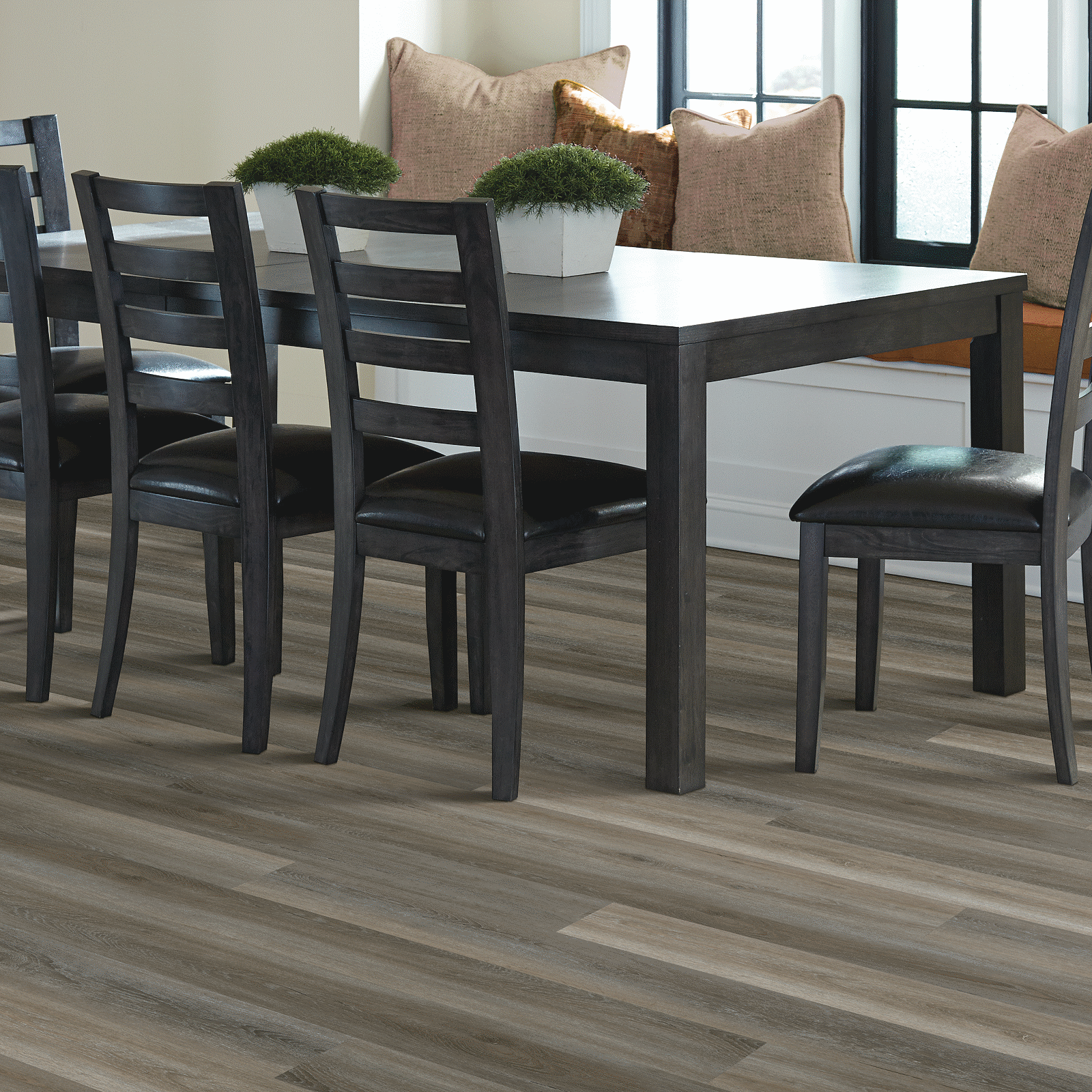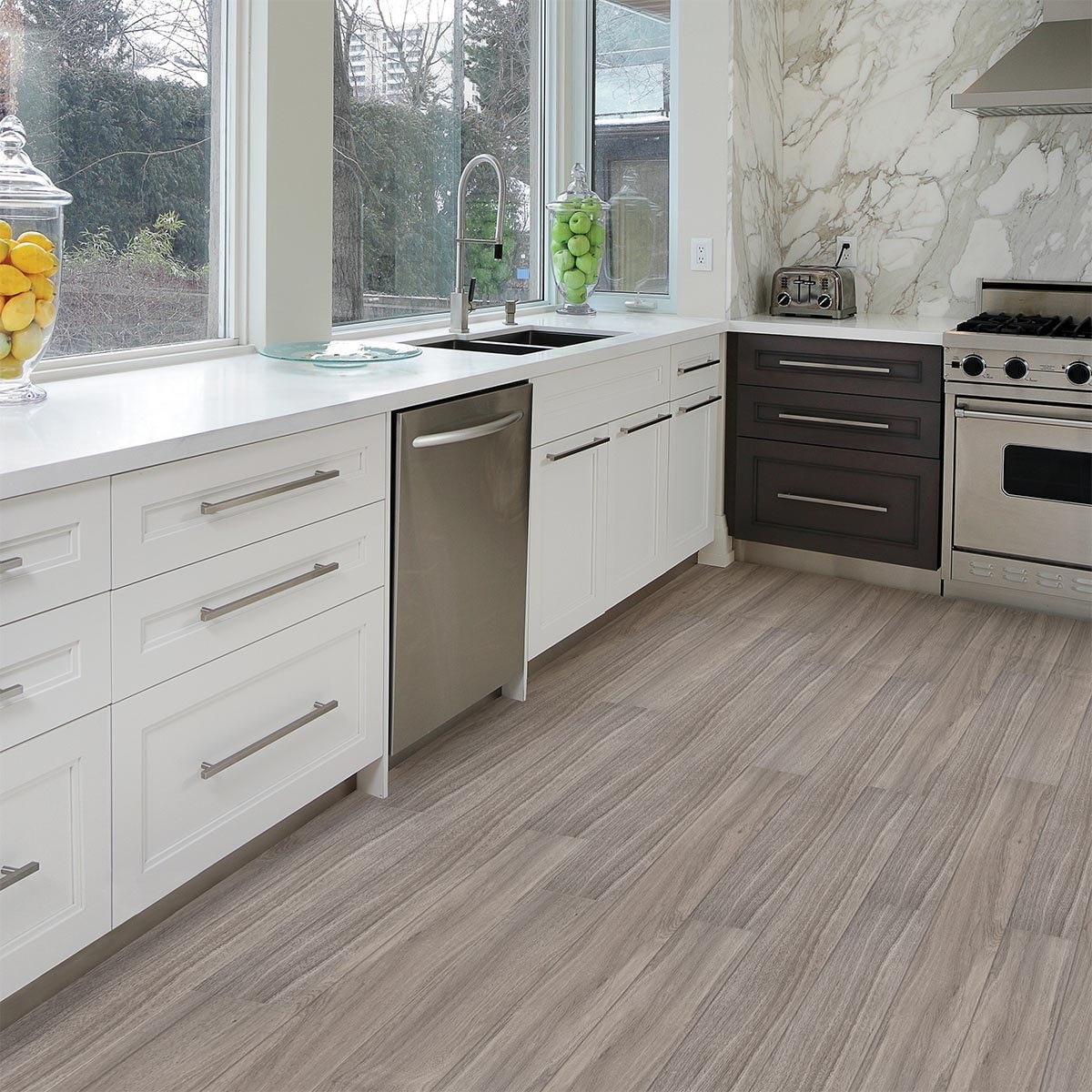Smoked Oyster Vinyl Plank For Sale – They are intended to last for a limited amount of time, after which they become outdated, broken, or no longer functional. The rise of minimalism and a desire for unique, vintage items has also played a role in the growing popularity of second-hand goods. This subjective nature of value is what makes the “for sale” market so dynamic. This has made it easier for people to find items that might have otherwise been out of reach, whether it’s a rare collectible, an antique, or a product from another country. Quality goods for sale are not just limited to luxury items or high-end brands. They become part of the story of the buyer and the creator, connecting people to a tradition of excellence, heritage, and care. These goods, ranging from clothing to furniture, electronics to books, offer people the chance to find items they need or want at a fraction of the cost of new products. When a business is put up for sale, it is typically the result of a variety of reasons, each unique to the situation at hand. The advent of these online platforms means that consumers can hunt for items they might have otherwise overlooked or been unaware of, sometimes at a fraction of the original cost. Business brokers play a key role in facilitating the transaction by acting as intermediaries between the buyer and seller. The buying and selling of companies, brands, and even entire industries can reshape economies, alter job markets, and redefine how goods and services are delivered. The production of new goods often requires significant resources, such as raw materials, energy, and labor, while also generating waste and contributing to pollution. The idea of buying things that were once owned by someone else is no longer considered taboo or lesser; rather, it has become a lifestyle choice for those who want to make smarter, more ethical purchasing decisions. In the world of quality goods for sale, there is also an inherent sense of value in the stories behind them. In a world dominated by fast fashion, disposable electronics, and mass-produced items, many people are beginning to question the value of constantly purchasing new products. For the seller, the goal is often to maximize the value of the business, which requires a clear understanding of the company’s assets, liabilities, and future earning potential. This leads to the accumulation of waste that ends up in landfills, contributing to pollution and the depletion of valuable resources. Brokers are well-versed in valuation, marketing, negotiation, and closing procedures, which makes them invaluable assets in the business-for-sale process. Overpricing an item can lead to it sitting unsold, while underpricing it can result in lost potential revenue. Whether it’s an item, a service, or even a person, the act of being “for sale” represents a moment of transition, a shift from one stage of life to another.

Shaw Endura Plank LVT Luxury Vinyl Tile Oyster Oak 7" Click Lock
Lowest price guaranteemy lowe's rewards

Mohawk SolidTech Select Discovery Ridge DRS21980 Smoked Oyster Vinyl
Lowest price guaranteemy lowe's rewards

Lowcountry Weathered Oyster 7X48 Luxury Vinyl Plank Flooring
Lowest price guaranteemy lowe's rewards

Smoked Oyster Southern Traditions Flooring
Lowest price guaranteemy lowe's rewards
)&qlt=60&wid=1024)
polaris plus ve433 oyster oak Resilient Flooring Vinyl Plank & LVT
Lowest price guaranteemy lowe's rewards

Golden Select Oyster Rigid Core SPC Luxury Vinyl Flooring…
Lowest price guaranteemy lowe's rewards

Mohawk Solidtech Discovery Ridge Smoked Oyster OnFlooring
Lowest price guaranteemy lowe's rewards

Mohawk Solidtech Discovery Ridge Smoked Oyster OnFlooring
Lowest price guaranteemy lowe's rewards

Smoked Oyster 980 Discovery Ridge Drs21 Mohawk Vinyl Plank Vinyl Plank
Lowest price guaranteemy lowe's rewards

Smoke Oyster Naf 12 mm Handscraped Laminate Petun Flooring
Lowest price guaranteemy lowe's rewards
In fact, there’s been a resurgence of interest in artisanal, locally-made products, especially in industries like fashion, home decor, and food. Another aspect that contributes to the appeal of quality goods for sale is the level of detail and attention given to the design. The process of selling it can be seen as a form of letting go, a recognition that the future may look different from the past, but that doesn’t diminish its importance or value. Second-hand markets also promote the idea of a circular economy, an economic system that focuses on reducing waste and reusing products. These generations are more aware of the environmental impact of fast fashion, disposable goods, and the need to adopt more sustainable practices. When a business is put up for sale, it is typically the result of a variety of reasons, each unique to the situation at hand. A piece of furniture, for instance, may hold sentimental value simply because it’s been in the family for generations. The democratization of commerce has opened up opportunities for millions of people, giving them the chance to pursue their dreams and create their own paths to success. For the seller, the goal is often to maximize the value of the business, which requires a clear understanding of the company’s assets, liabilities, and future earning potential. It carries with it a deep sense of commodification — the idea that every part of our lives, every piece of our history, every corner of our existence, has a price attached to it. Many buyers are drawn to industries where they already have experience, while others may seek a business in an entirely new field in order to diversify their portfolio. Perhaps the most troubling aspect of the idea that everything is for sale is how it can shape the way we view the world and each other. This revival can be attributed to a combination of economic factors, growing awareness of environmental issues, and a shift in consumer attitudes toward sustainability and the value of pre-owned items. For environmentally conscious consumers, buying second-hand is not just a cost-effective choice, but a way to make a positive contribution to the planet. A house can be bought, a car can be sold, a watch can be pawned. In both cases, there’s a sense of vulnerability. People place their belongings for sale for many reasons. When people buy second-hand items, they are extending the life cycle of those goods, which means fewer products end up in the trash. The materials used, whether it’s hardwood, durable fabrics, or premium upholstery, are chosen for their longevity and aesthetic appeal. This sense of history and individuality is part of what makes second-hand shopping so appealing.
For people looking to furnish their homes, build a wardrobe, or invest in certain hobbies or collections, second-hand goods often provide a way to access items they might otherwise be unable to afford. Sellers often find themselves in a strange position, balancing the emotional attachment to the item with the rational need to let it go. This can be particularly advantageous for entrepreneurs who might have experience in business operations but lack the time or resources to build a new venture from the ground up. It is also important to check the seller’s reputation and read reviews or feedback from previous buyers. Social media platforms, for example, offer users a chance to buy into their own identity, to curate a version of themselves that is more appealing, more desirable, more marketable. Many everyday products, such as kitchenware, footwear, and tools, can also be considered quality goods, provided they are made to last and perform well over time. Regardless of the reason, the sale of a business is an event that requires careful planning, transparent communication, and strategic negotiations. Success after the acquisition depends on a variety of factors, such as effective leadership, market conditions, and the buyer’s ability to make improvements and capitalize on growth opportunities. This can manifest in the context of career, relationships, or personal goals. There is also a growing trend of upcycling and repurposing second-hand goods, where items that may no longer serve their original purpose are transformed into something new and useful. For the buyer, purchasing a home is a dream realized, a step toward security and stability. Vintage clothing, in particular, has gained a significant following, with people seeking out unique, one-of-a-kind pieces that cannot be found in mainstream stores. Selling such an item can be a difficult decision, yet it often represents the practical need to downsize or make space for something new. In some cases, it’s not just objects that are for sale, but entire industries or institutions. Are there things that should be kept beyond the realm of trade? Or has the marketplace — with its insatiable demand and promise of exchange — seeped into every facet of our being?
If everything is for sale, then the concept of value itself becomes fluid, subjective, and often manipulated. It carries the marks of life’s moments: the road trips, the adventures, the daily commutes, the memories of friends and family. With the rise of online platforms and a growing cultural shift toward sustainability, the second-hand market continues to thrive, providing consumers with more options and opportunities than ever before. To mitigate this risk, buyers should ask for detailed photos, read product descriptions carefully, and inquire about the condition of the item before making a purchase. Whether you’re the seller or the buyer, the phrase “for sale” is a reminder that everything in life is in constant motion, always moving toward something new, something different, something better. In a world where everything is for sale, it’s easy for the vulnerable and the marginalized to be taken advantage of.